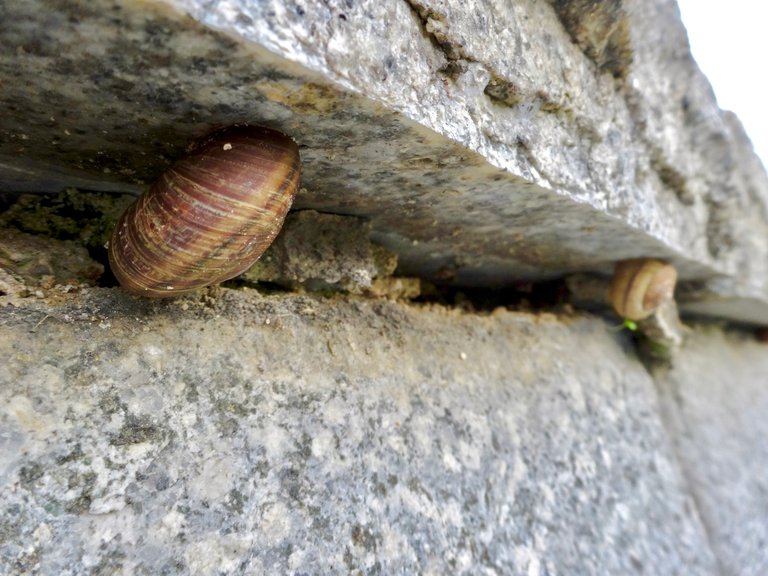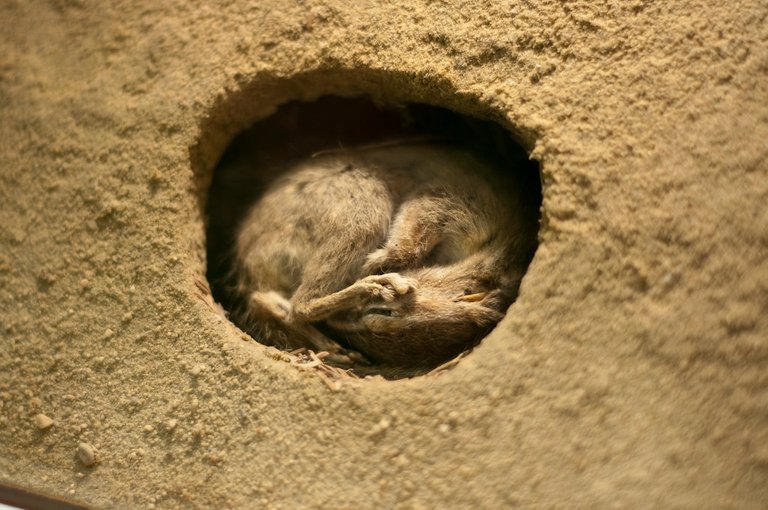Hibernation! Some of you came across this word first on your computer while some people actually heard it from animations like when you heard that turtles can breath from the butts. Well, there are an extreme few numbers of turtles in Australia that can breath from their butts, but majority of turtles absorb oxygen from their skin when they are in hibernation under ice but this animal can go into hibernation so as to survive harsh winter.
Nature has been able to help animals survive harsh weathers and in other to do so, a lot of them go into hibernation just like the turtle I mentioned above do o as to remain alive throughout the period. Another animal that enjoys the good of hibernation is the Dwarf Lemur which can reduce its heartbeat from 300 beats per minutes to 6 beats per minutes and can even go up to 10 minutes without breathing in conditions where they have to hibernate.
Another animal that does its best to preserve itself during hibernation is the bear. During winter it eats a lot so it has a lot in storage and then begin to use up its urine and food to survive before spring. While a lot of these animals can either stop or slow down their metabolism so as to survive harsh times and weather, humans can't do that rather we have to remain the same in a weather and conditions. So why is this?
Winter, just as it is for humans is not fun for animals but while we are able to live in houses and create fire to keep ourselves warm, animals have to burn a lot of calories to remain warm. Since they have to survive this until spring, they have some options which includes pushing harder and keep hunting but while they are doing so to get energy, they are burning calories. They can also decide to escape winter by migrating to more temperate regions where winter doesn't exist and go back when the winter is over. Another way to escape through the winter is by digging up the ground, or going into a cave and going into hibernation.
When they go into hibernation, they reduce their energy or metabolic consumption inside the cell. In doing so, they slow down their heartbeat, breathing, and temperature. Hibernation is completely different from sleep where the body metabolism is still running but with hibernation, the body saves up energy helping it to stay for a long period of time. Depending on the animal, the hibernation period can differ.
For instance, Hummingbird enter a hibernation state known as Torpor so they can be able to survive the night thereby preventing them from dying of starvation at night because they have to eat every 10 minutes so as to be alive but at night, they cannot feed consistently. Also, since the weather is colder at night, they need to burn more energy to keep warm so in other to be alive, they need to drop their body mechanism even up to 50%. For instance, they have to drop their body temperature, heart rate, and other metabolic rates.
Another type of hibernation is Estivation which is the slowing down of body metabolism during extreme hot or dry weather conditions. Animals that exhibit estivation type of hibernation includes water-holding frogs who cover themselves in mucus and bury themselves alive so as to slow down the rate at which they lose water. Snails also exhibit estivation so they remain alive during dry seasons. They seal the opening in their shell with a dry layer of mucus known as epiphragm so as to prevent water loss during the period.
Some ectothermic reptiles go into Brumation during cold period because they rely on external heat to maintain body temperature and they cannot generate their own heat. Hibernation is usually predominant with mammals and in this period, all the bodily functions are changed with neurons sending messages to the body to slow down. While what kicks off hibernation is still a mystery, scientists have been able to understand what happens during the hibernation period.
For animals like the bear that eats a lot, the extra calories are converted to brown fat which great at producing heat when burn because it is filled with mitochondria. With this, they can go down in temperature extremely and small animals are more likely to survive when in hibernation compared to when they are looking for food in winter.
While so many mammals hibernate, humans don't. This is because we originated basically from Africa where there is no need for hibernation, since there is an all round food to eat, also another reason why we do not hibernate is the human brain. Our brains evolved to become problem solvers rather than hibernators who would shutdown with extreme temperature.
Reference
https://www.researchgate.net/publication/348730457qrqew
https://education.nationalgeographic.org/resource
https://www.hopkinsmedicine.org/health/wellness
https://www.nps.gov/katm/blogs/hibernation-in-bears.htm
https://www.utoronto.ca/news/hummingbirds
https://loudounwildlife.org/2019/11/ectotherms-in-winter-how-do-reptiles-and-amphibians-survive/
https://www.nature.com/articles/srep40079
https://www.vice.com/en/article/why-does
https://www.ncbi.nlm.nih.gov/pmc/articles/PMC2945812
https://www.theatlantic.com/health/archive/2020/01/human-hibernation-real-possibility/605071/
https://education.nationalgeographic.org/resource
https://www.hopkinsmedicine.org/health/wellness
https://www.nps.gov/katm/blogs/hibernation-in-bears.htm
https://www.utoronto.ca/news/hummingbirds
https://loudounwildlife.org/2019/11/ectotherms-in-winter-how-do-reptiles-and-amphibians-survive/
https://www.nature.com/articles/srep40079
https://www.vice.com/en/article/why-does
https://www.ncbi.nlm.nih.gov/pmc/articles/PMC2945812
https://www.theatlantic.com/health/archive/2020/01/human-hibernation-real-possibility/605071/




 Follow
Follow 